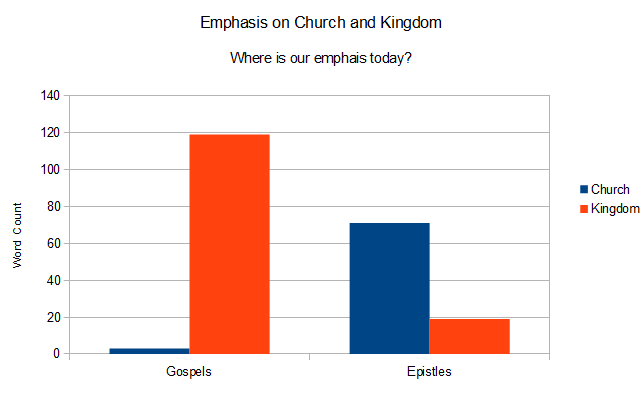Jan 18 - 25 is designated as a week of prayer for Christian Unity. So here is a prayer in advance.
I'm sorry Jesus that your family squabbles so much. We see many dysfunctional families in our society, but God... sometimes your family appears to be beyond hope. But I thank you for not giving up on us, or abandoning us.
Jesus, I want to join with you and pray for unity as you did in John 17:20 - 26. I pray that each of your children would be in a real relationship with you. Then we would recognize how we relate to each other through you. And then the world would be able to recognize you in us, and others would come to believe and trust in you.
In recent years I have learned to respect and love brothers and sisters from different traditions. You have taught me that the issues that we sometimes divide over are less essential than unity and love. The Scriptures are crystal clear that
unity is essential and
love is essential if we are part of your family.
So I publicly state I respect my brothers and sisters who see things differently with regards to
devotion to Mary,
purgatory,
intercession of and devotion to the saints, and the
authority of the Pope. I may not agree with everything, but I see less Scriptural support to divide over these issues than the weight of passages that speak to unity and love. I am no longer protesting over issues like
sola scriptura,
sola fide, and the
works vs faith divide.
And then I consider my protestant brothers and sisters. I may have different ideas on whether
Scripture says hell is eternal punishment, how to define
the gospel, Calvinism,
penal subtitutionary attonment,
tithing, typical
church leadership, or what is
essential to a gathering of the church. Have I now created more walls with my protestant brothers and sisters than I had with the ones we once protested against?
No, I hope not. These are all simply differences in ideas.
Agreeing on everything is not what makes people a family. It is our relationship with you our heavenly Father that makes us family. These ideas can be discussed and debated, but they should not negate my relationship with you, and my relationship with others.
I pray that we will recognize that we are one.
I pray we can all grow together to a better understanding of the Truth, and show grace, mercy and love to each other along the way.
Colossians 3:13-15 teaches us to bear with each other, and forgive each other for whatever has pissed us off in the past. Lord please help us to live this way, as it is not easy - especially for me who likes to push some different ideas. Give me an extra dose of love whenever I enter discussions that I know will be controversial.
Ephesians 4:2-6 teaches us that there is one body, one Spirit, one God and Father. I pray we can be humble and be more like children in your one family.
I pray that I'll continue to learn to love and accept my brothers and sisters who are all different than me, just as you have accepted us as we see in Romans 15:5-7.
Related Posts:




